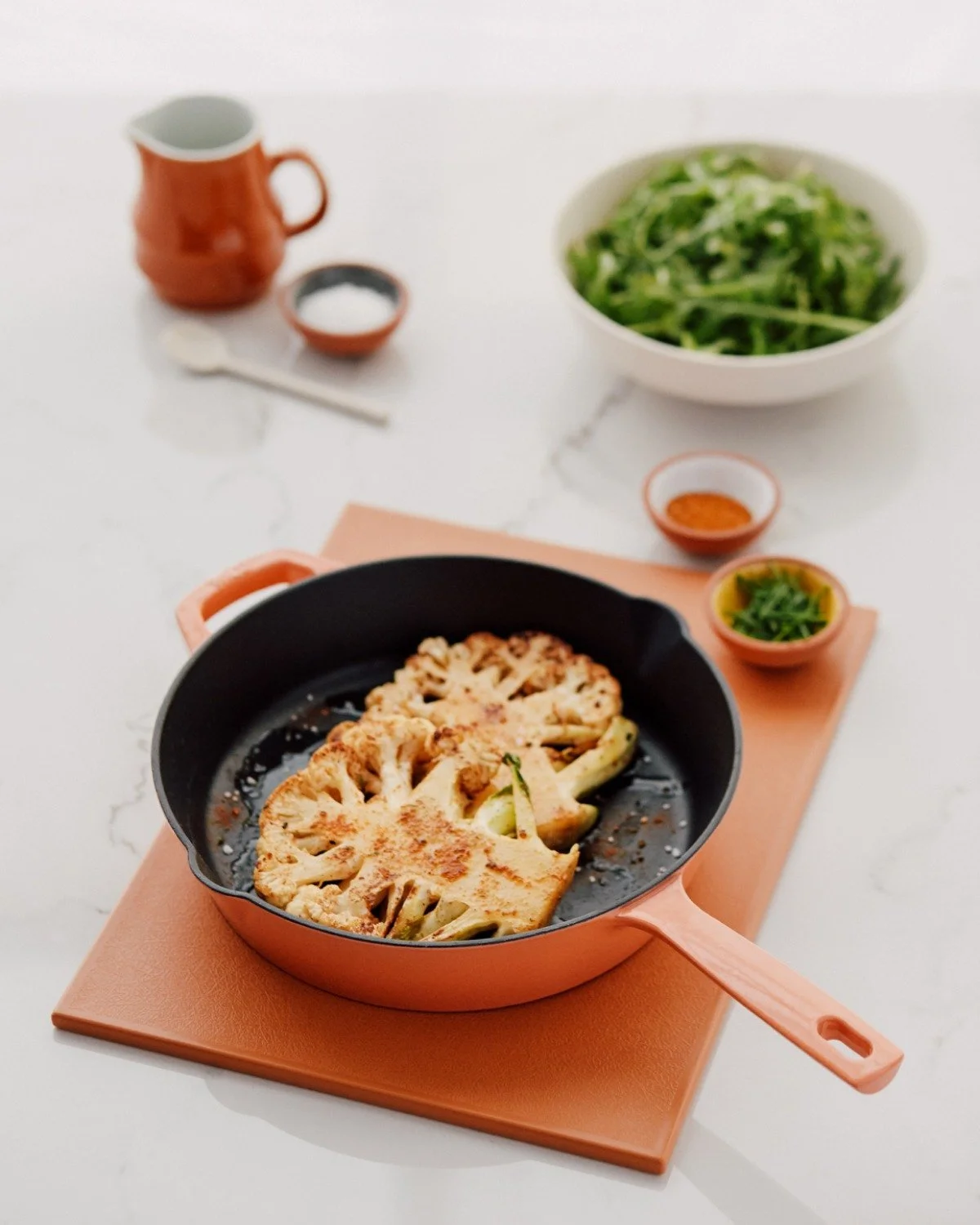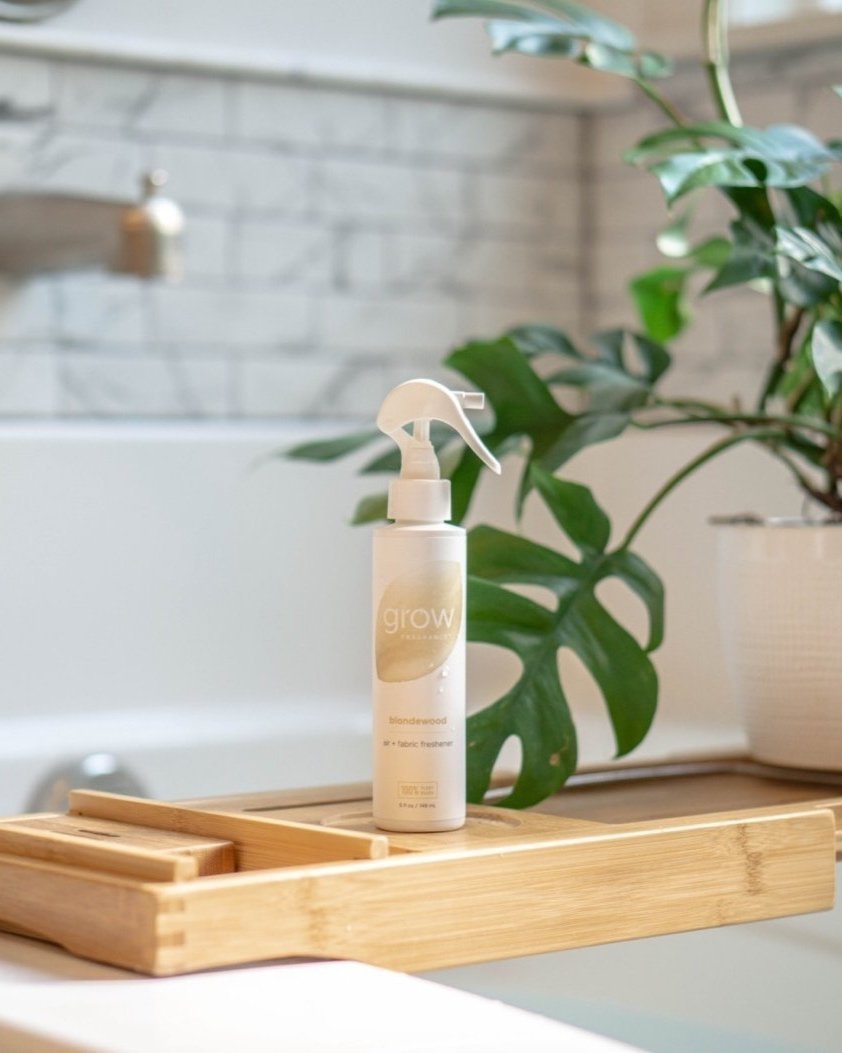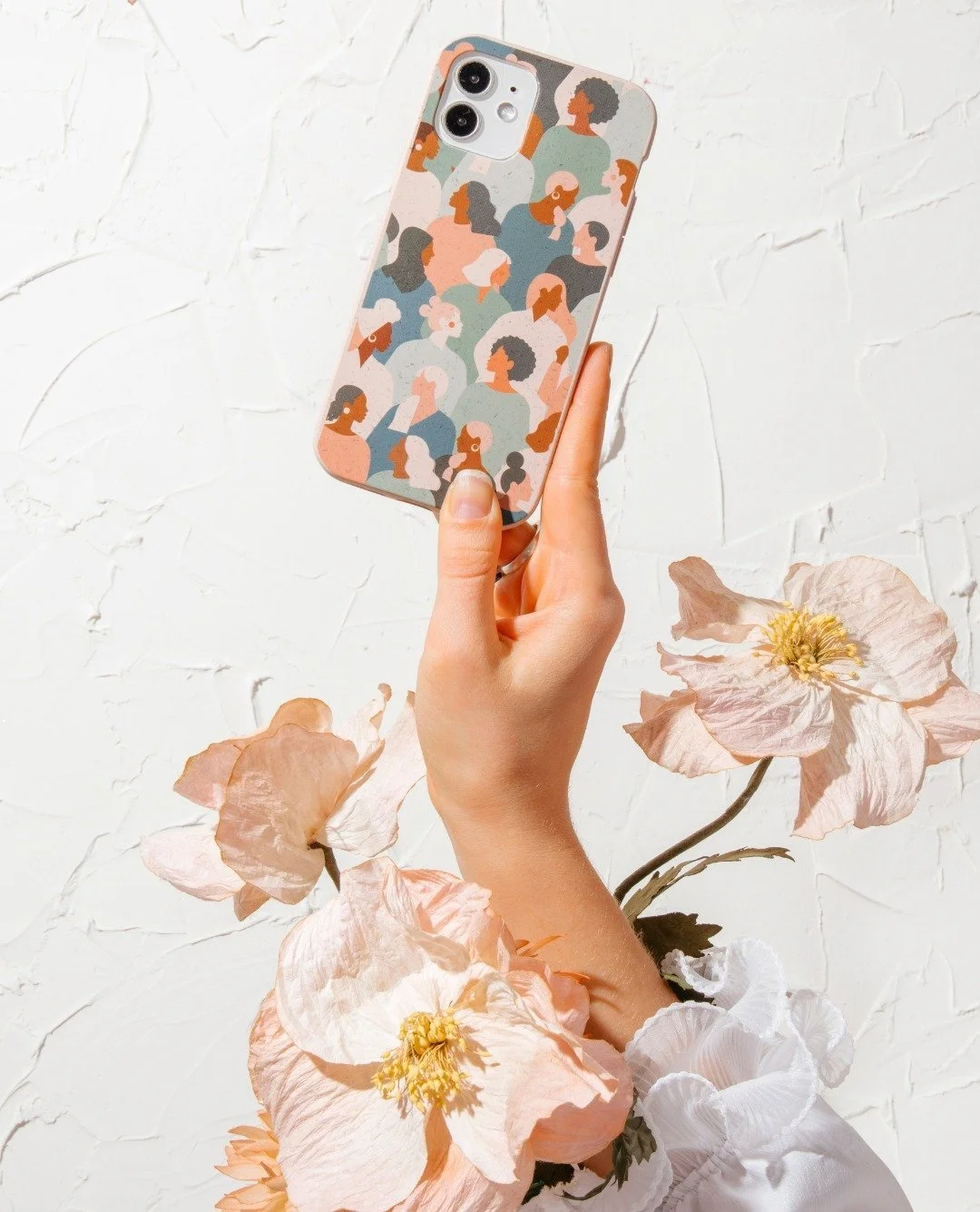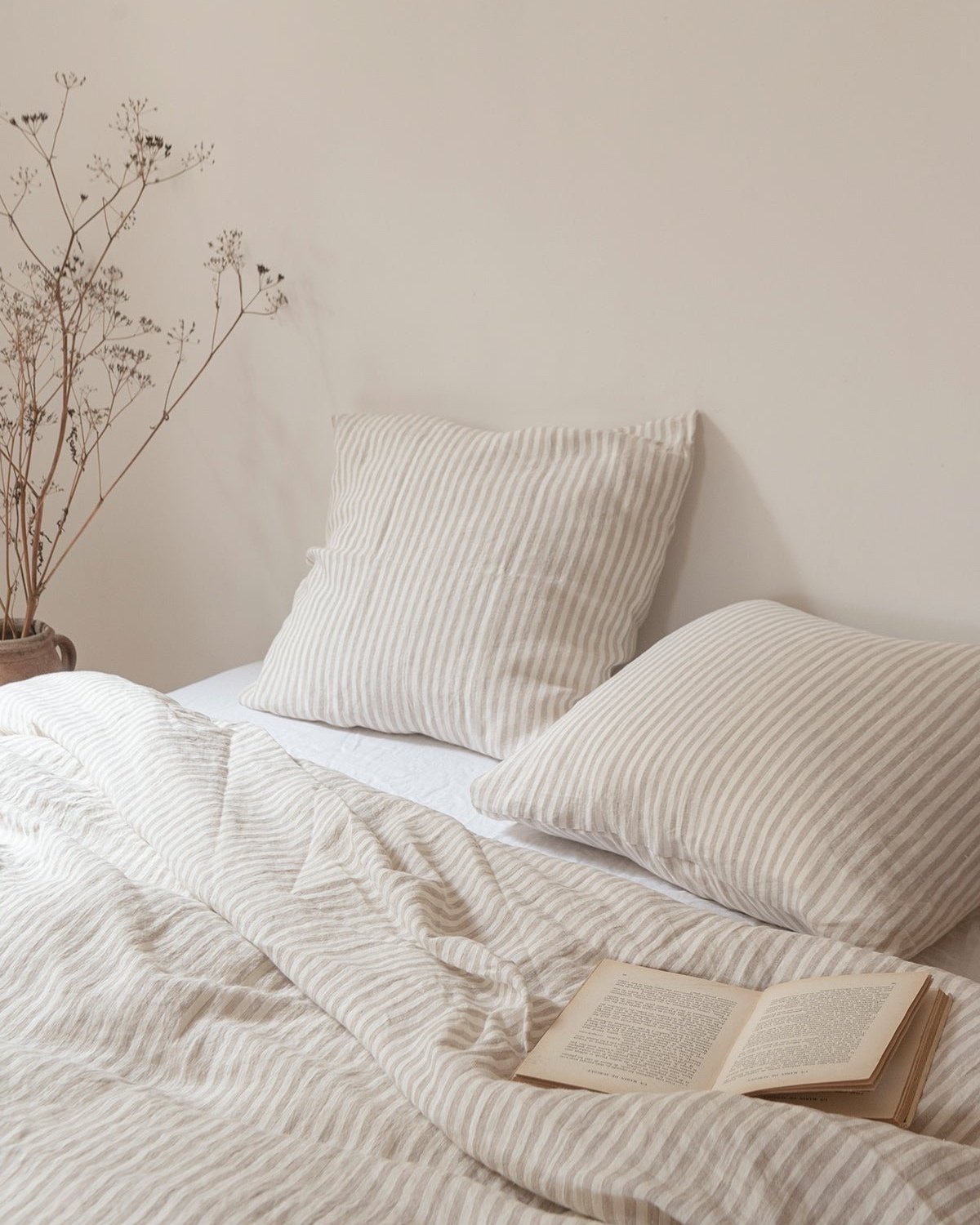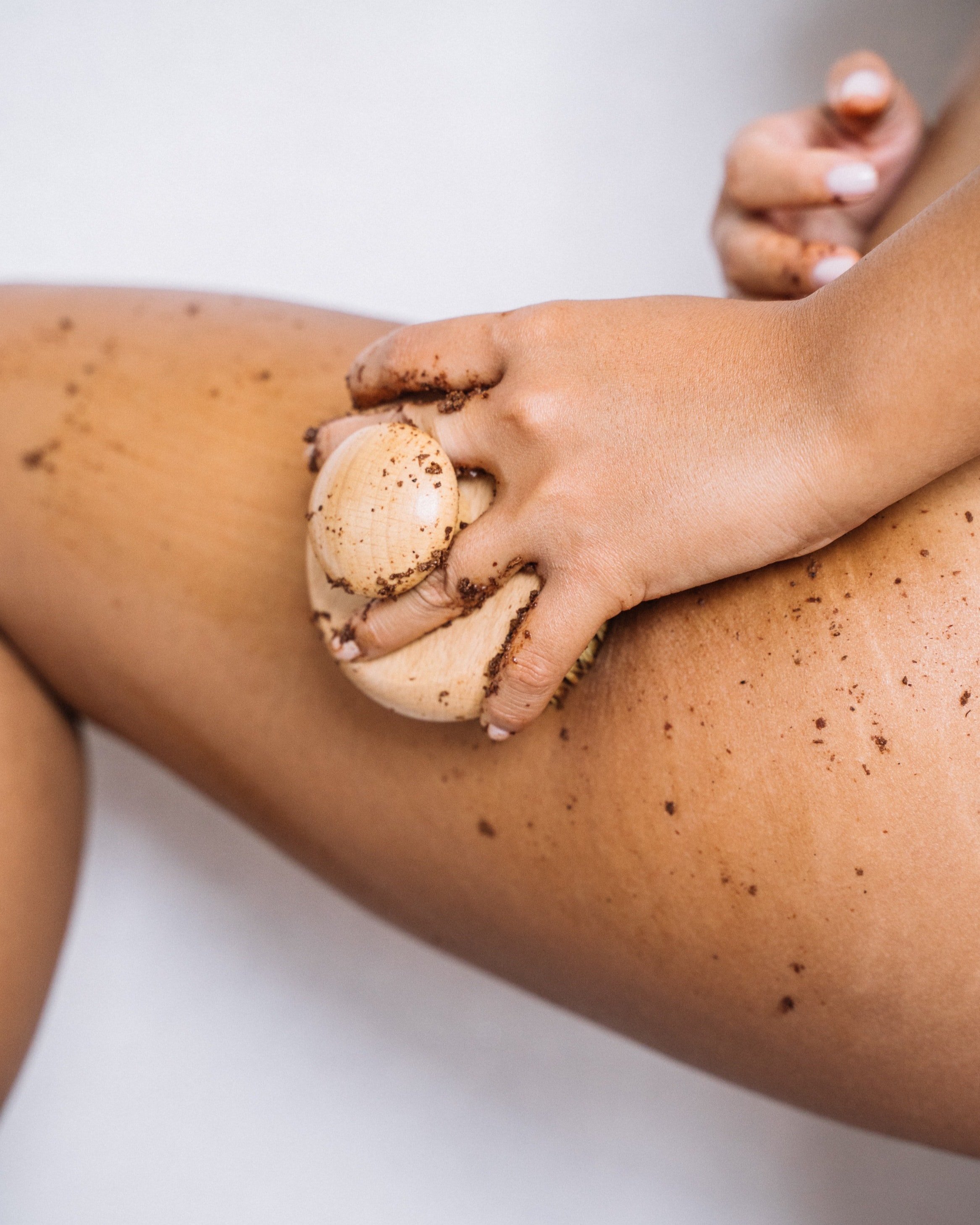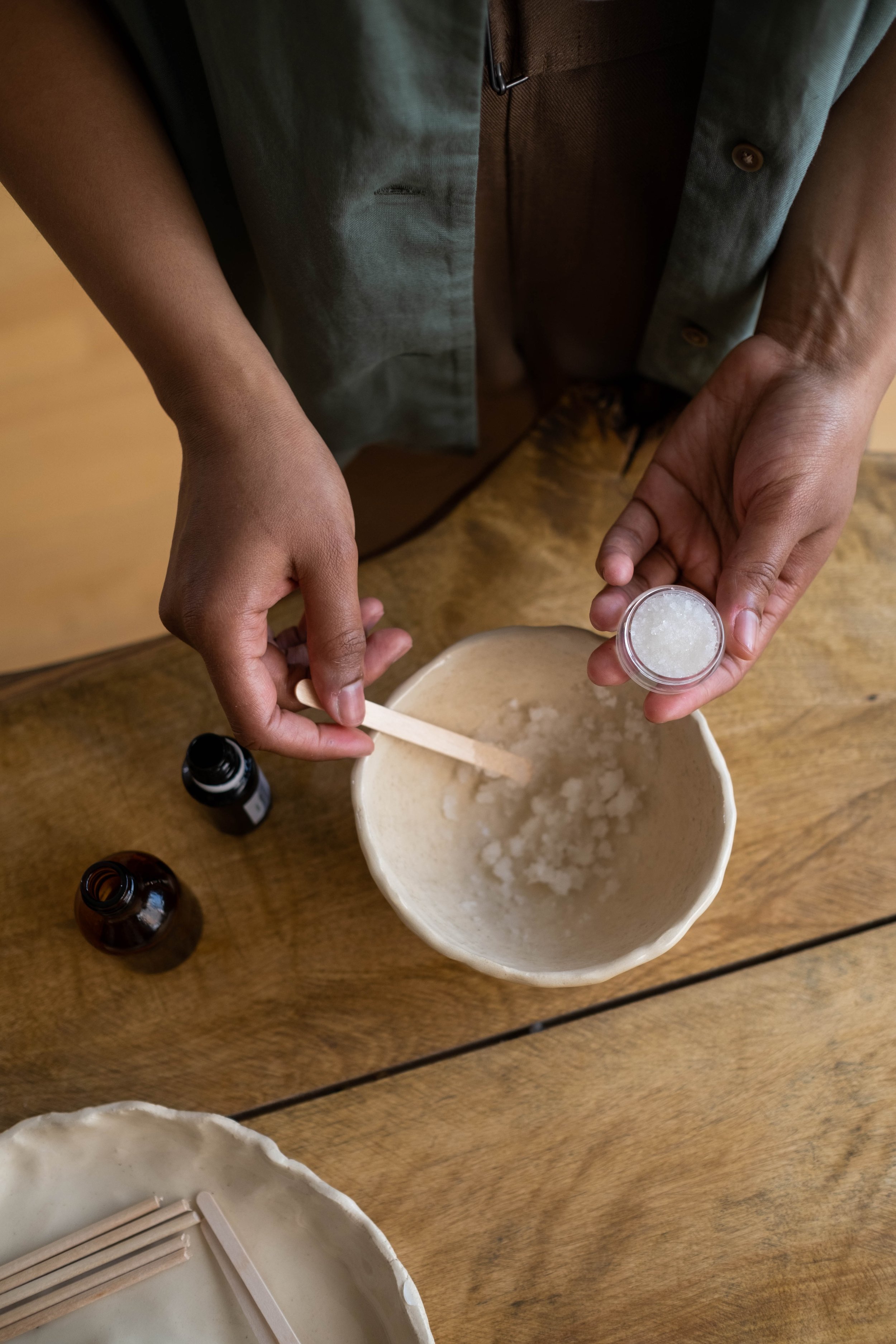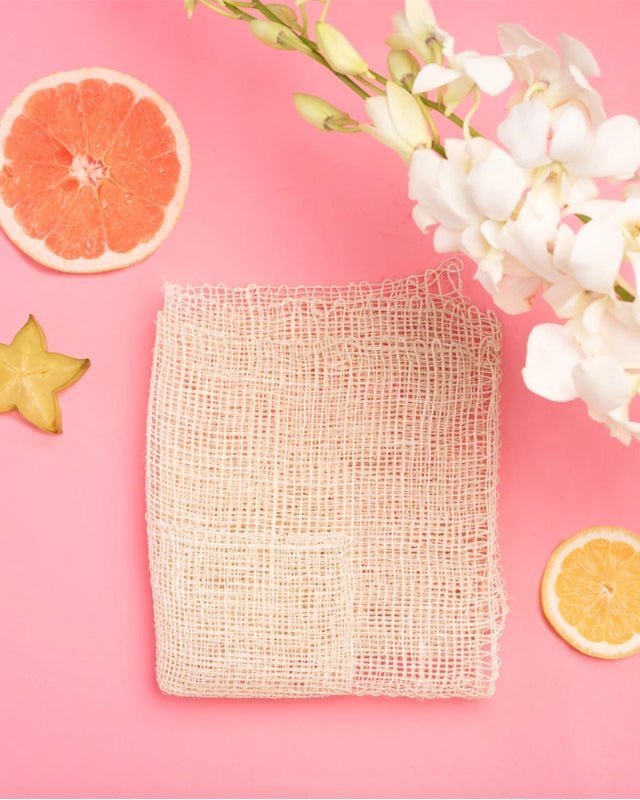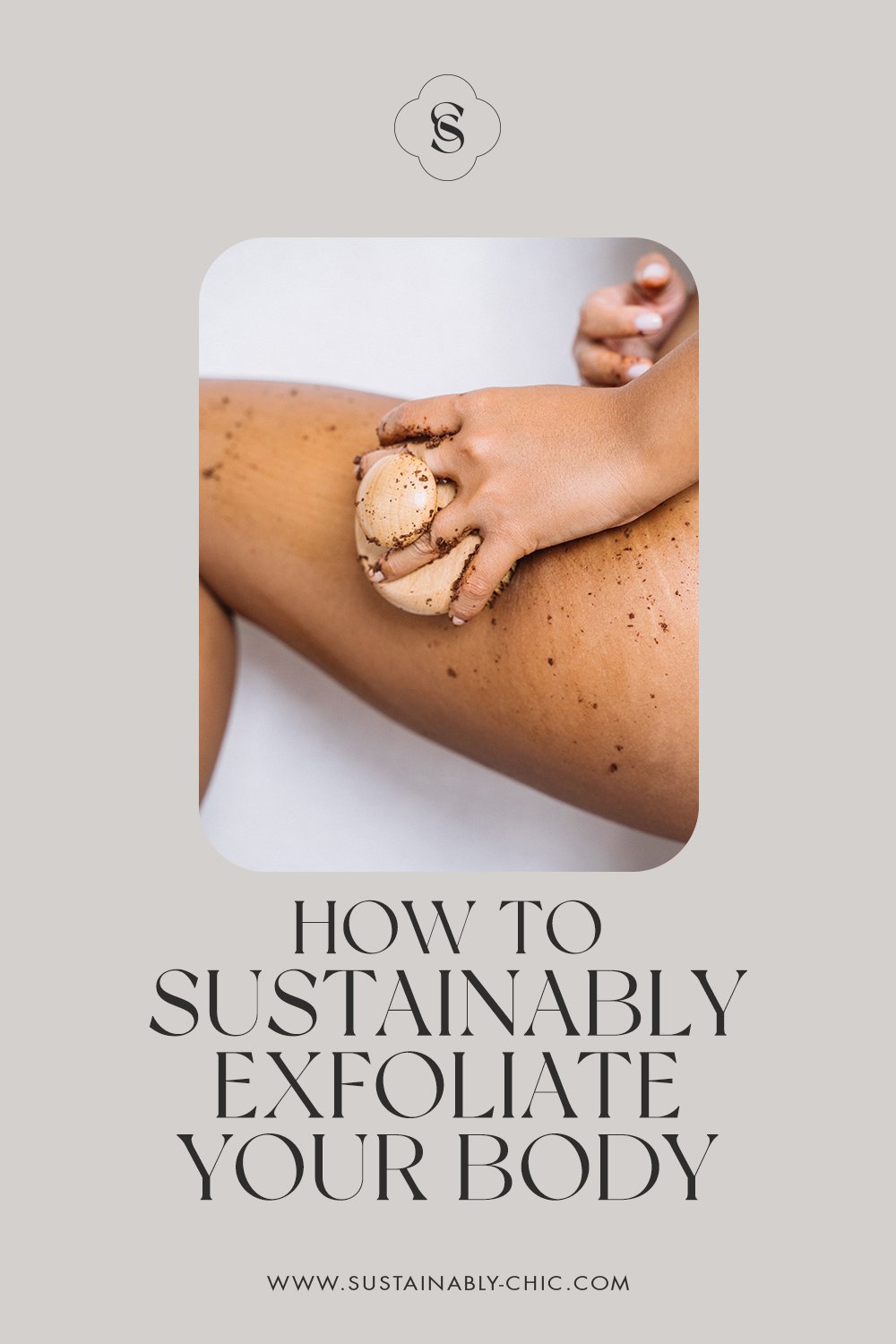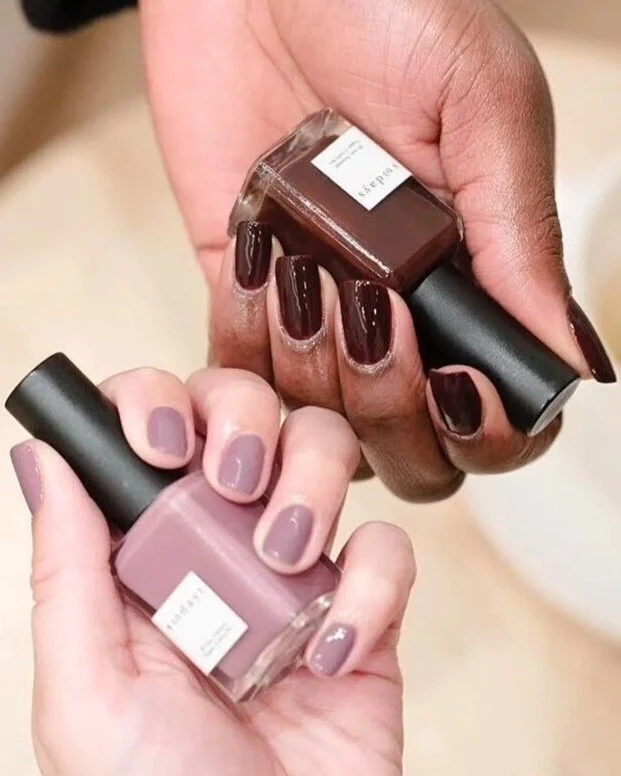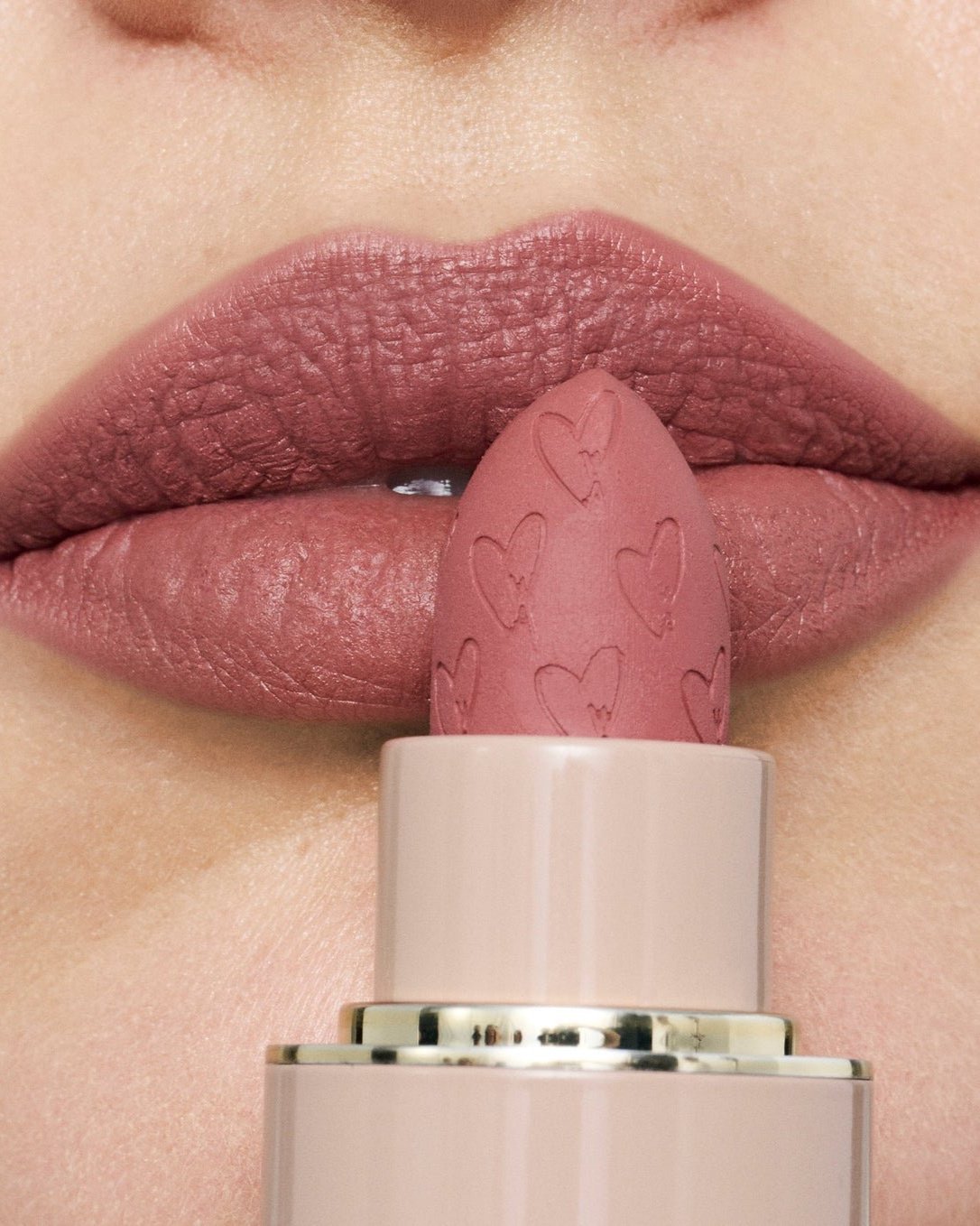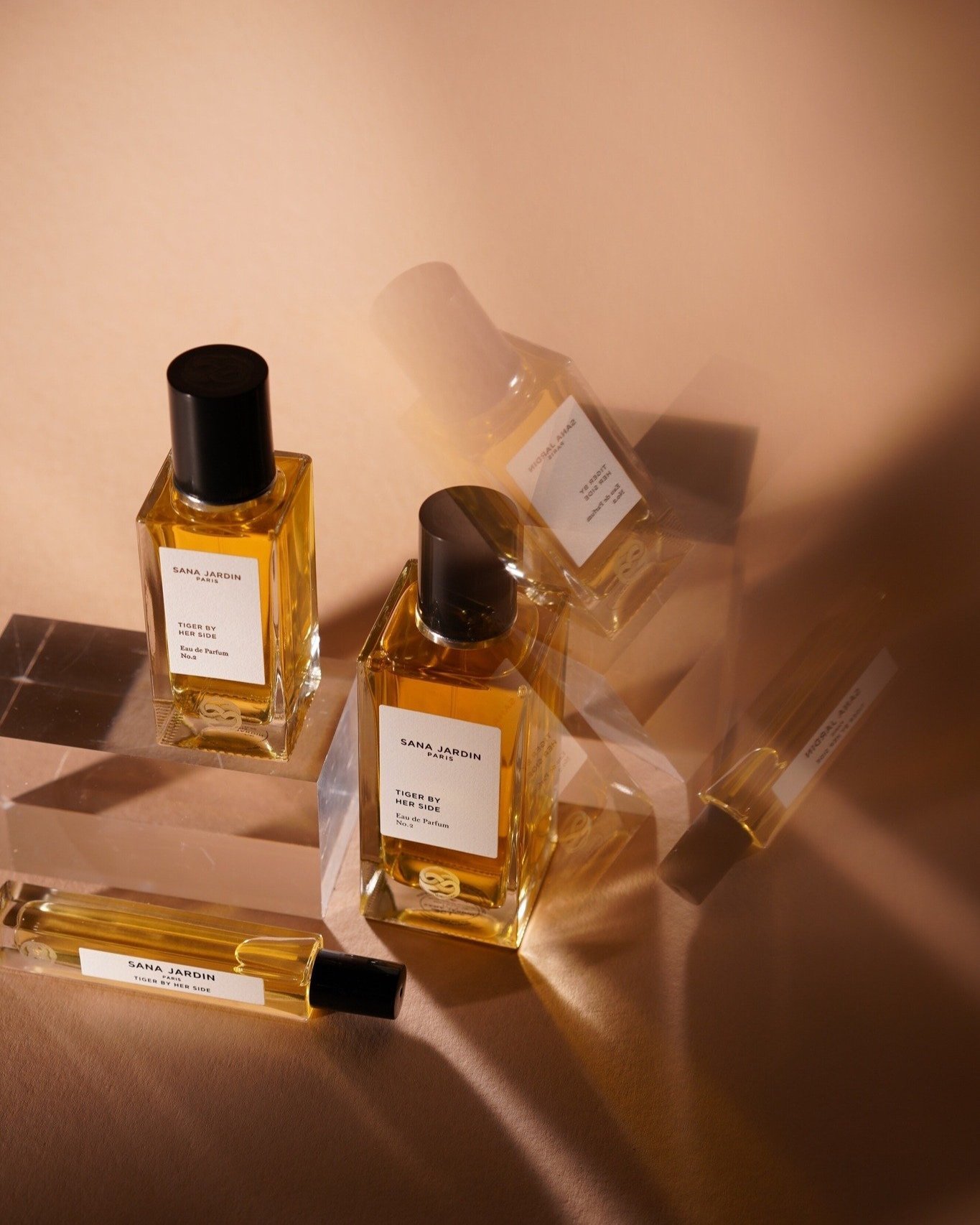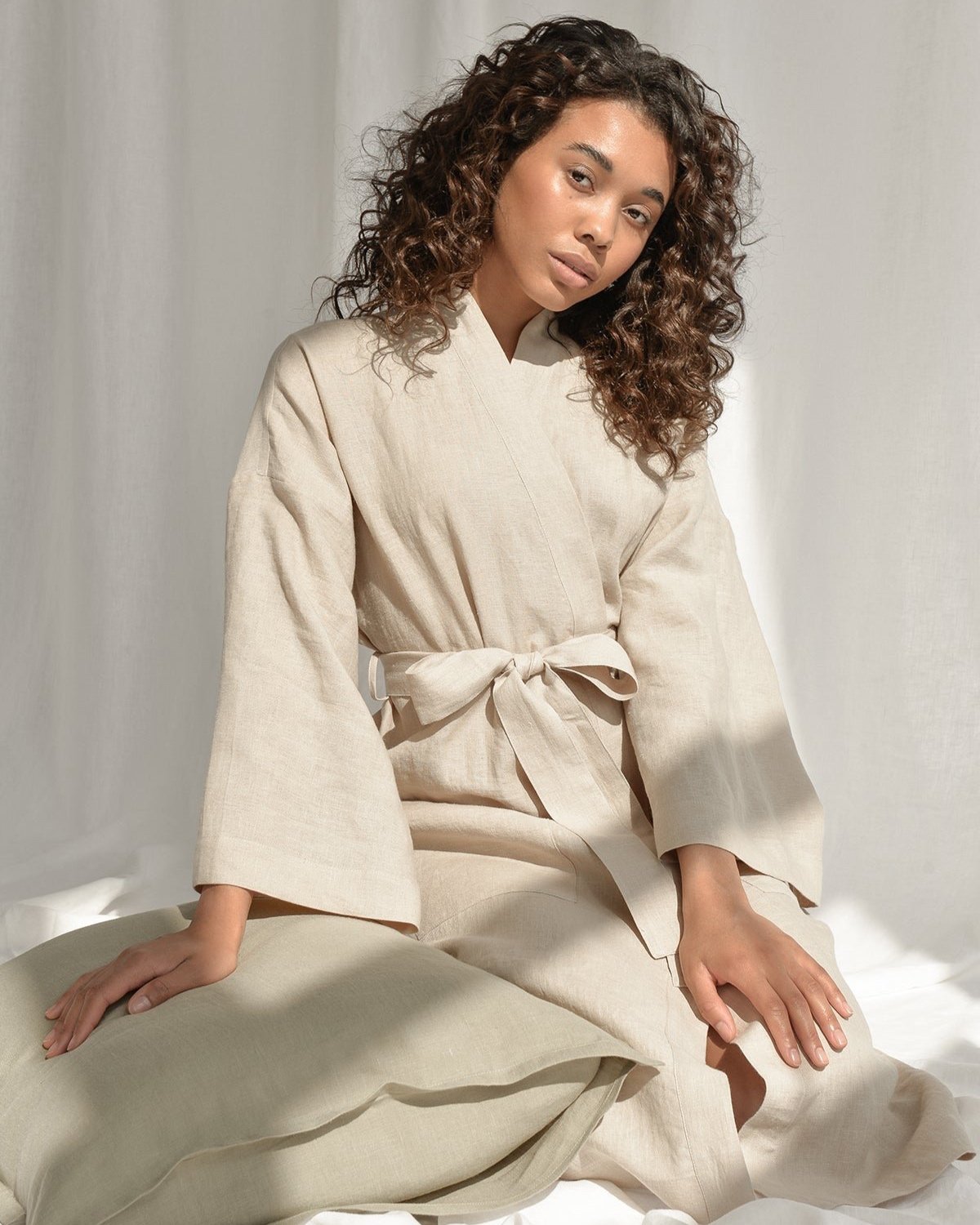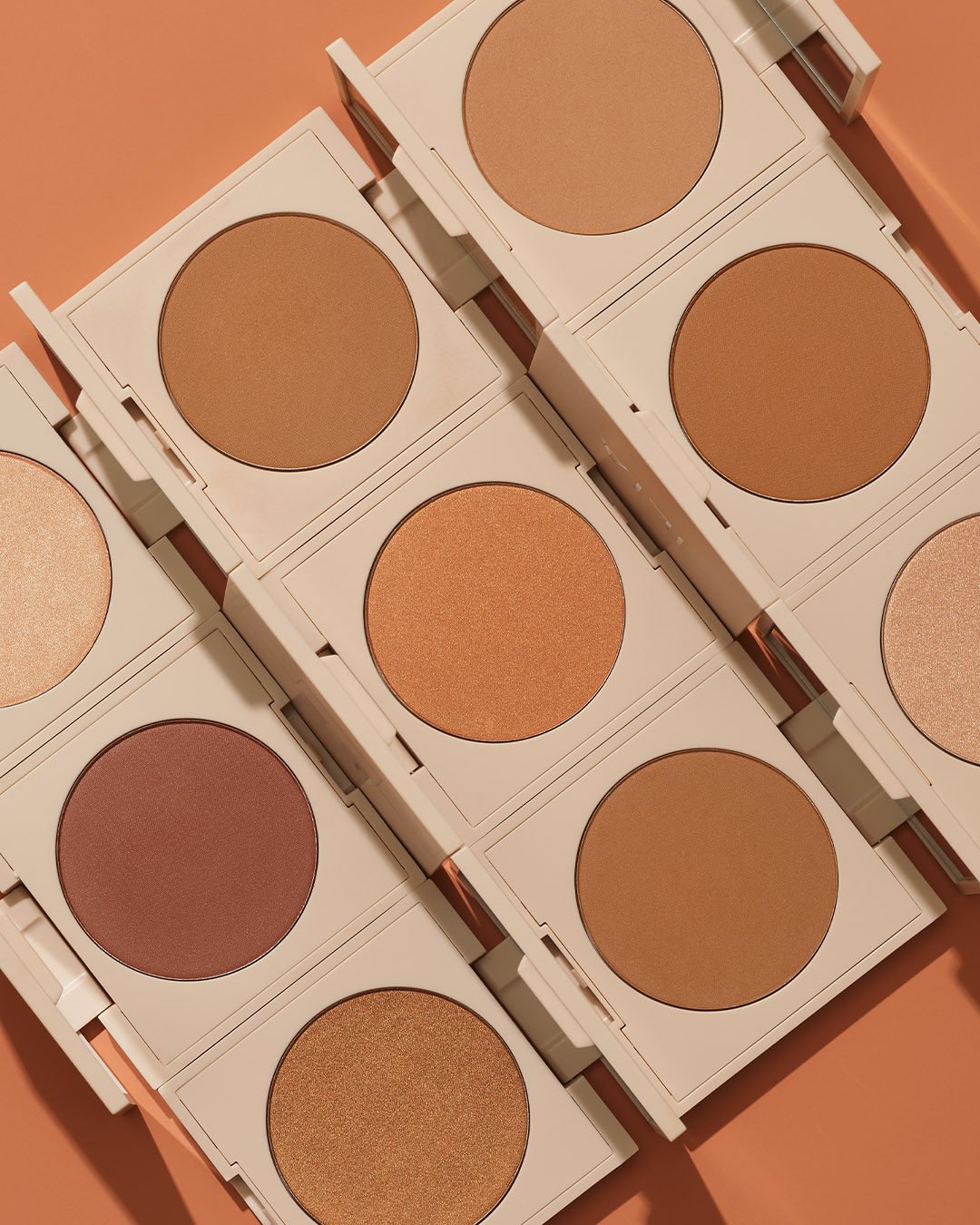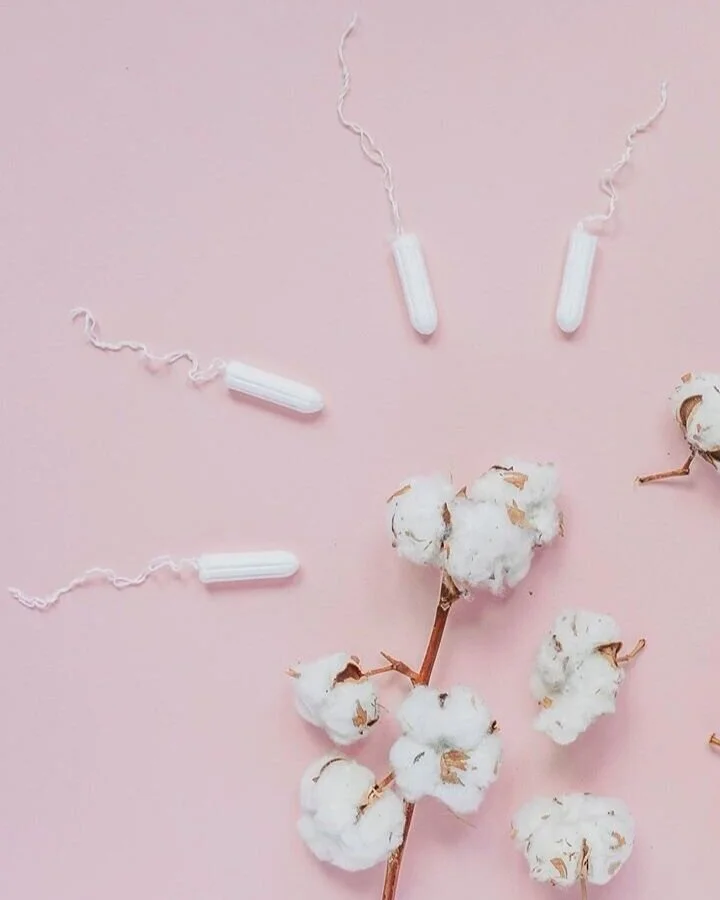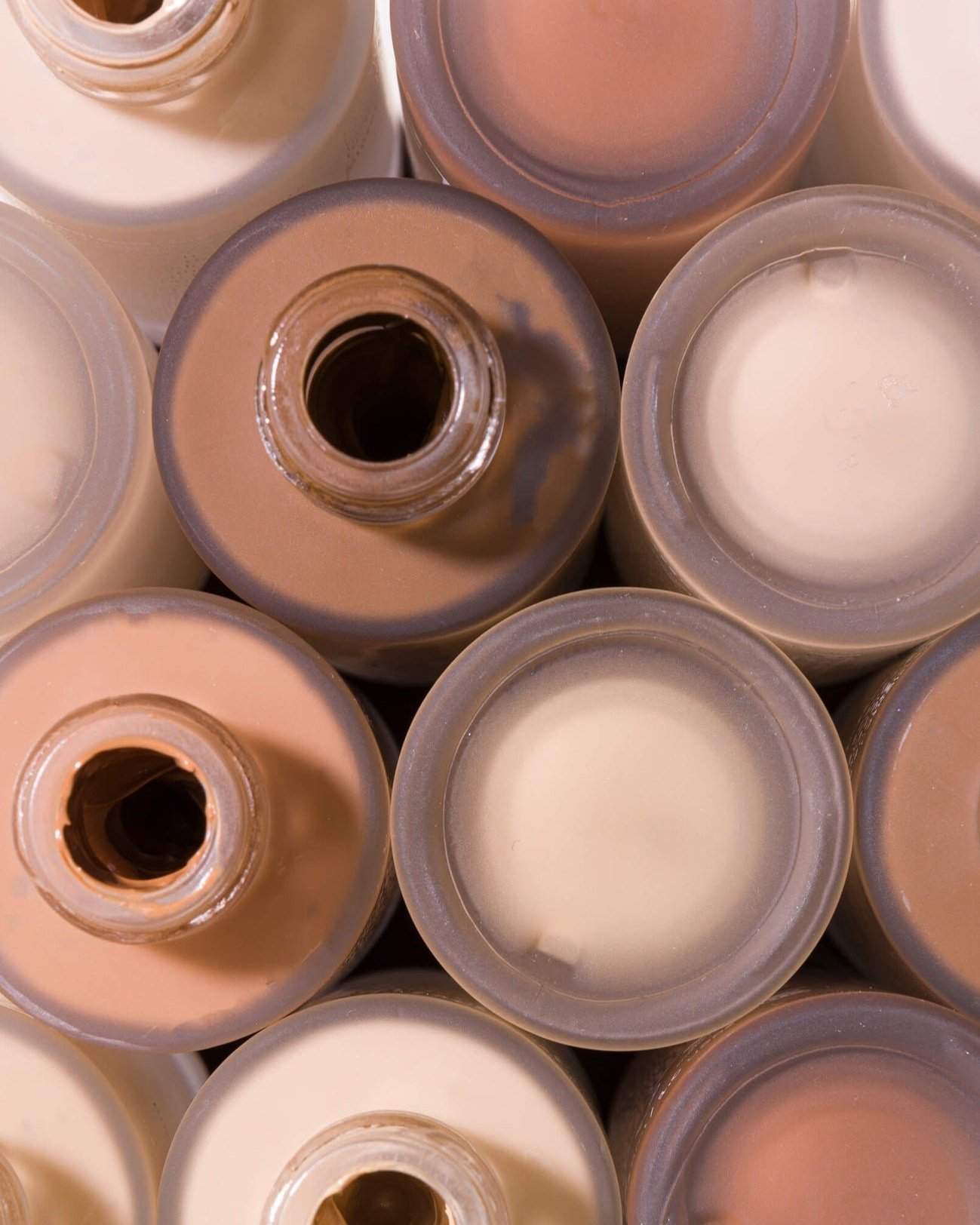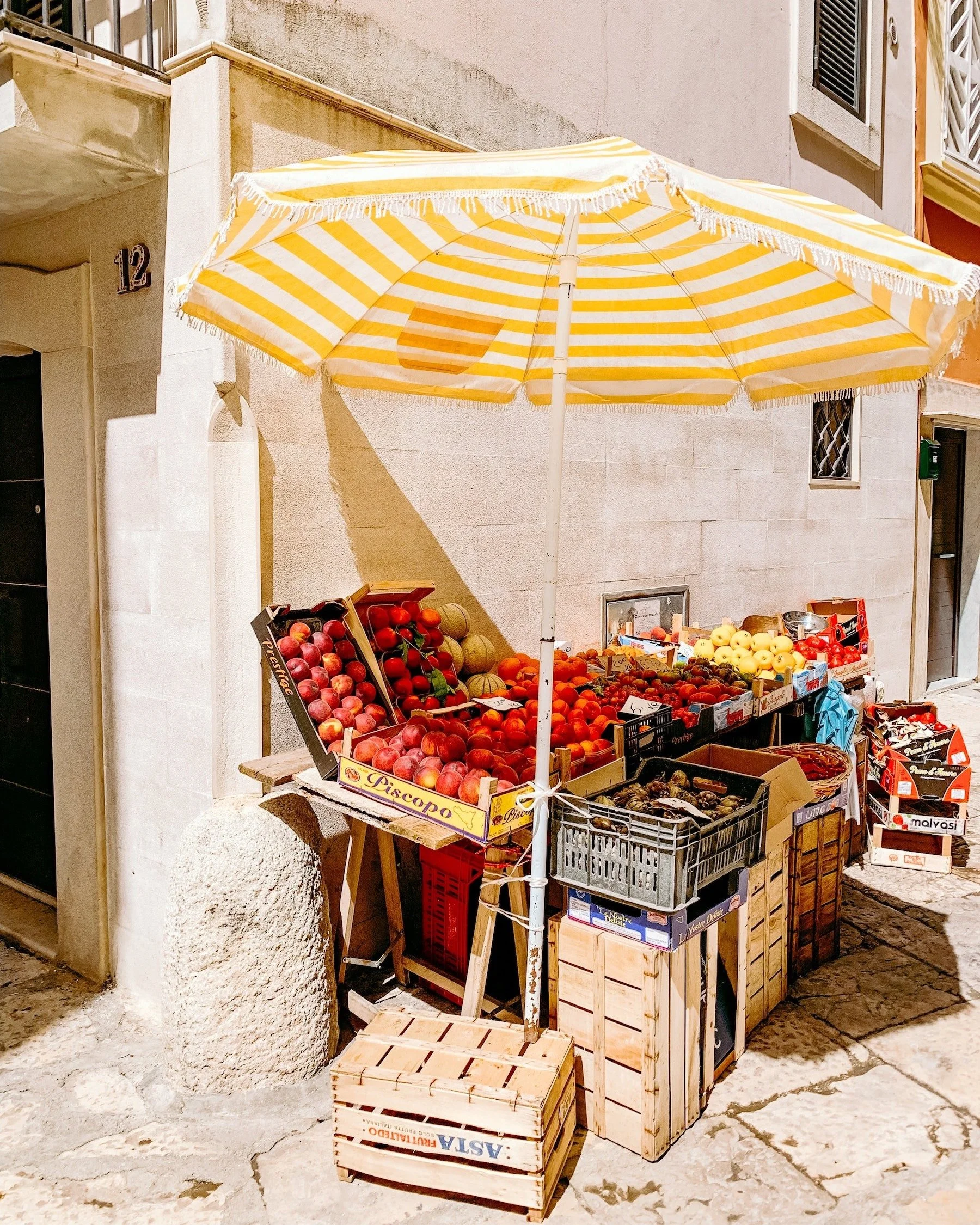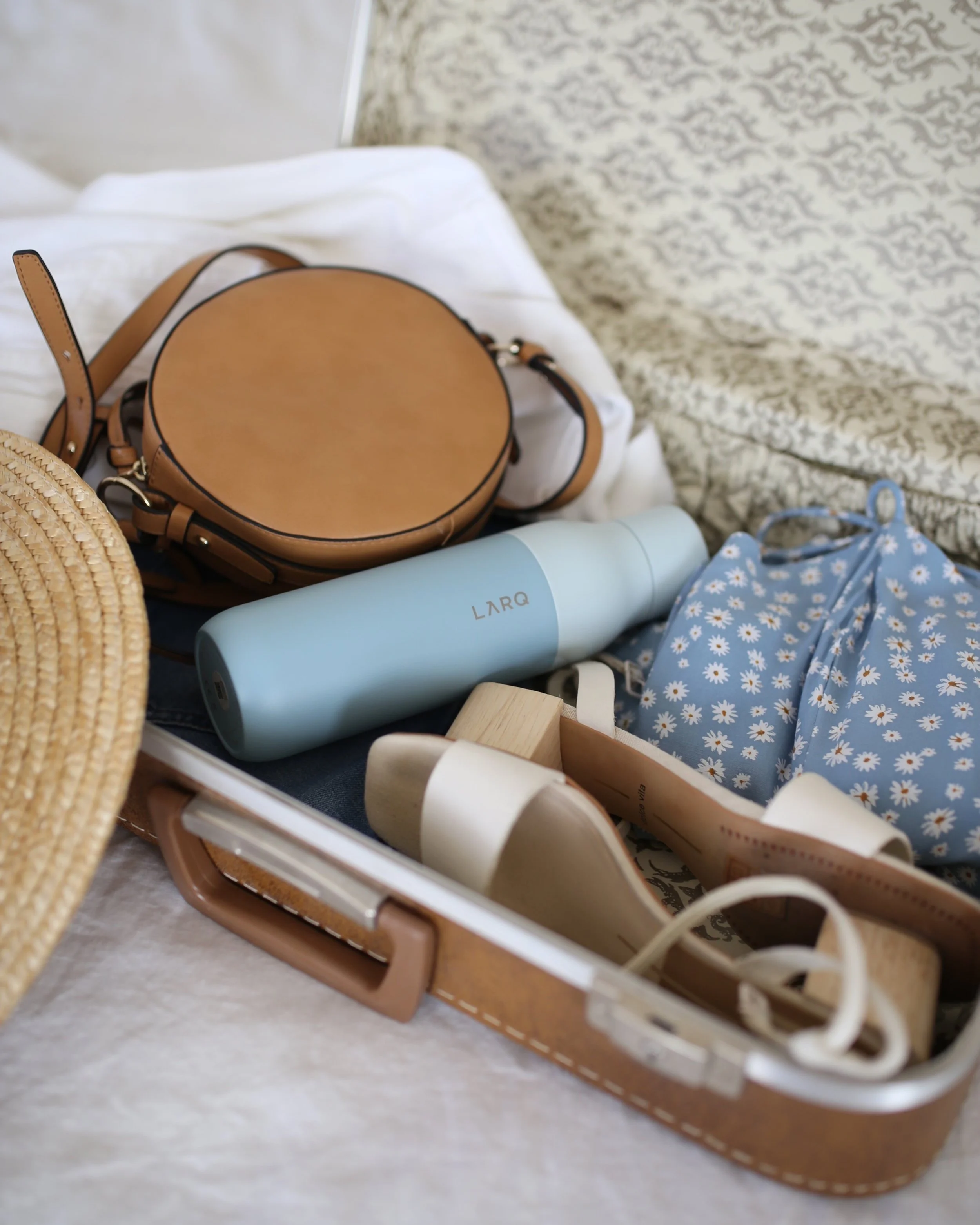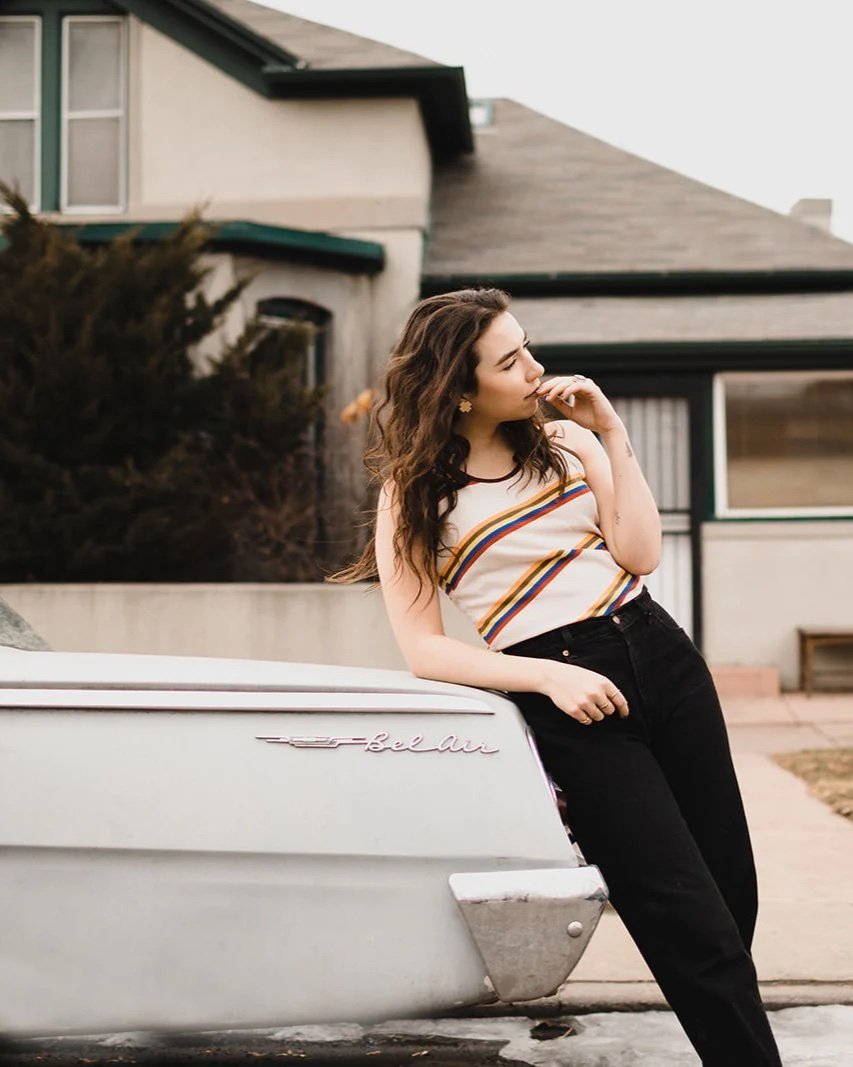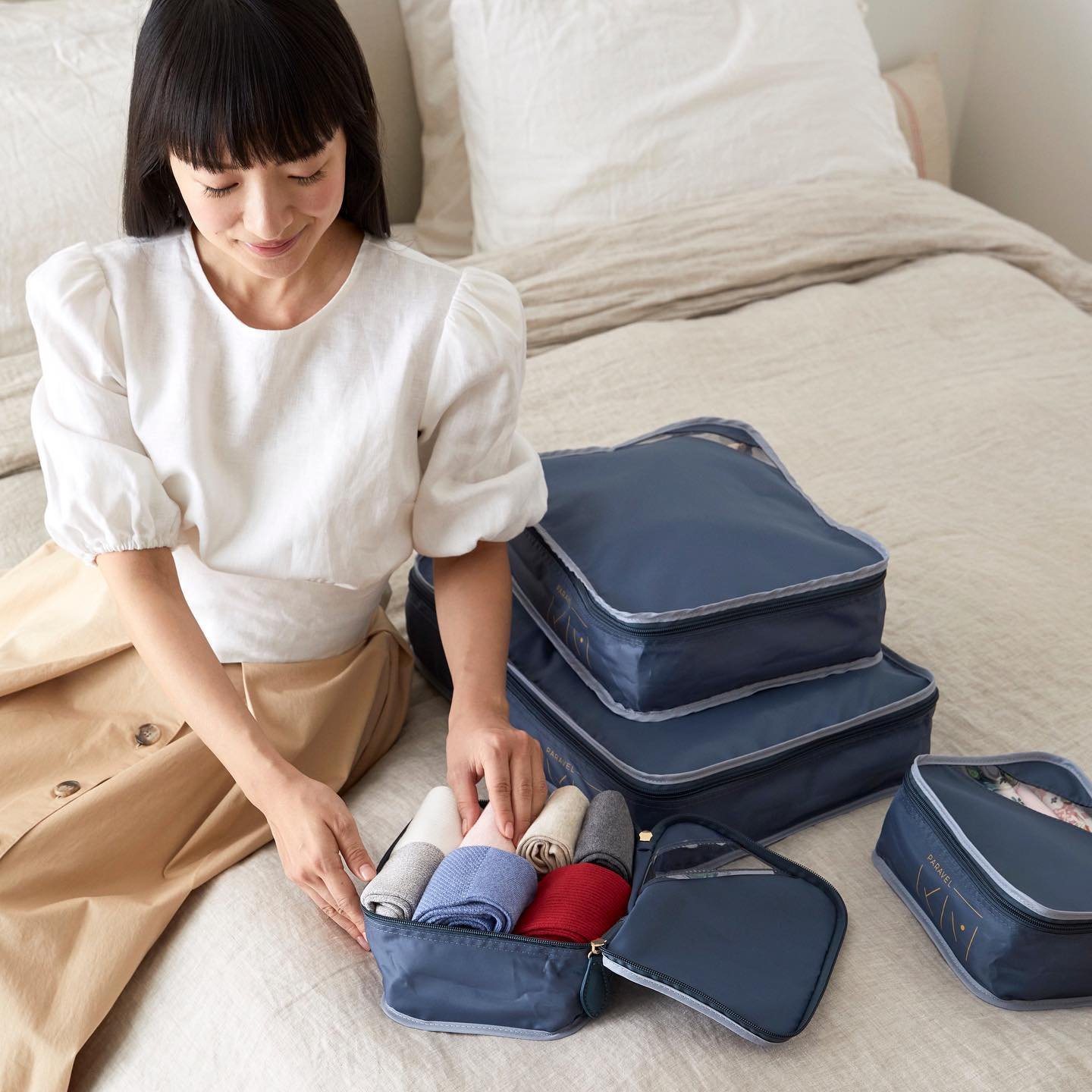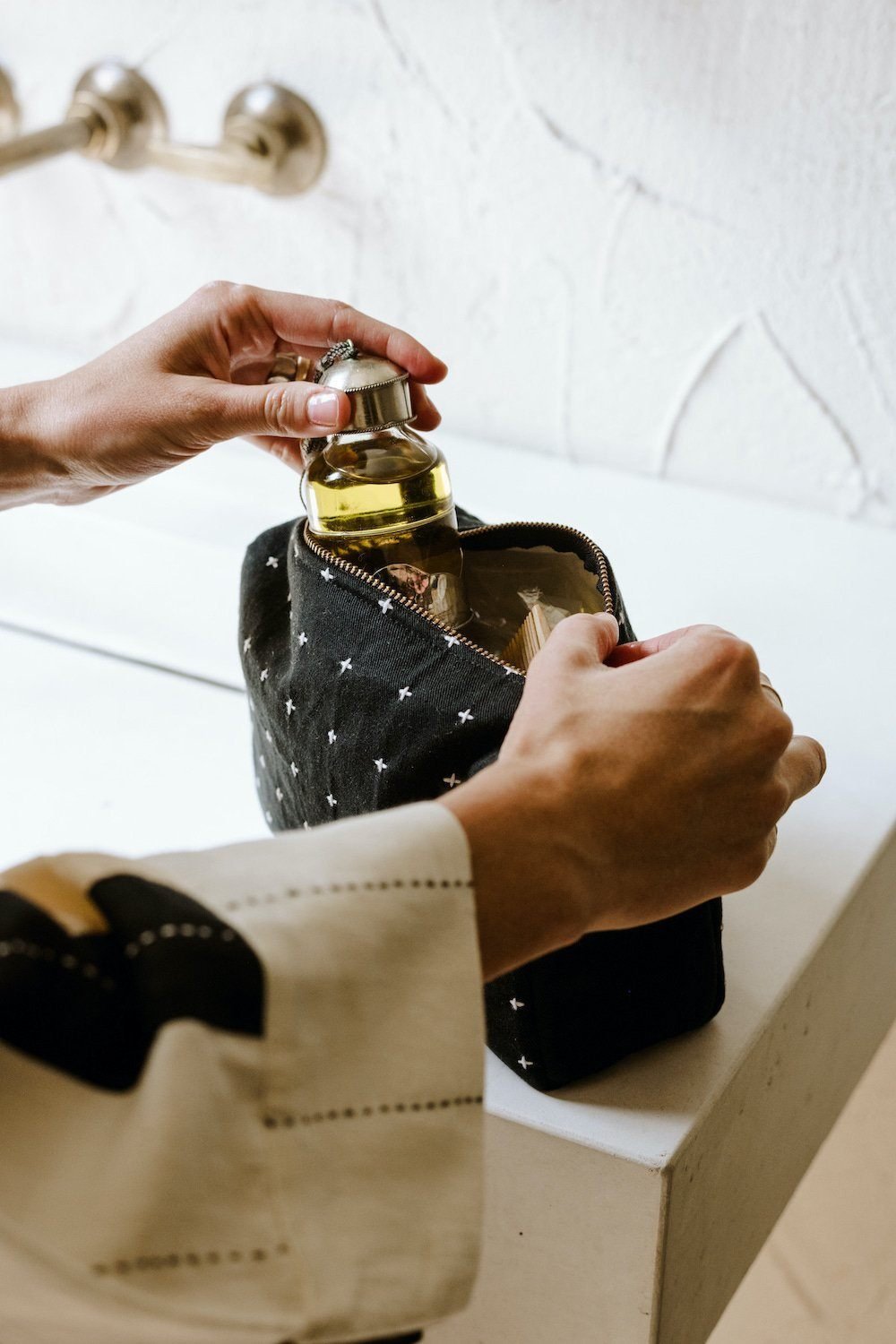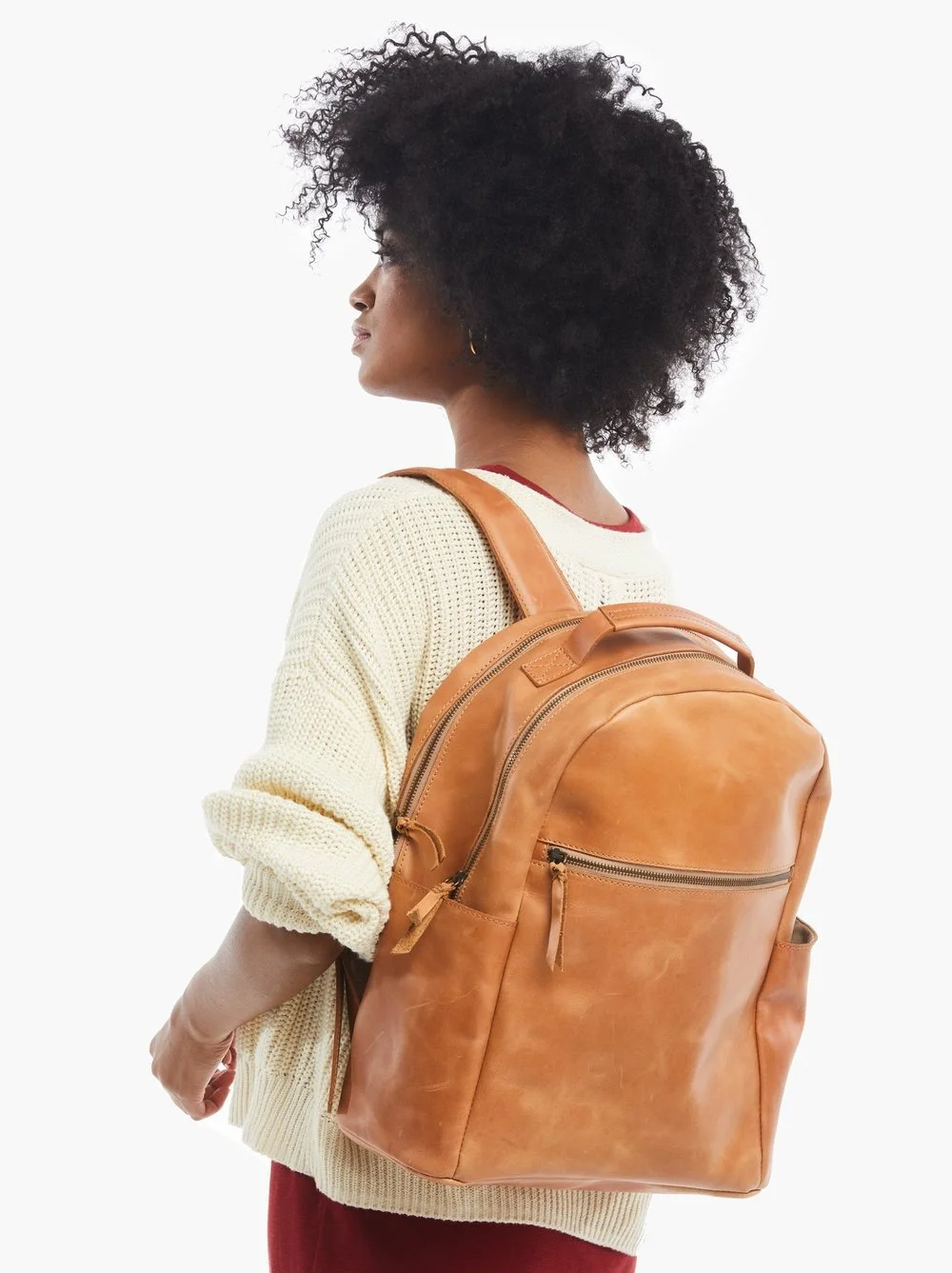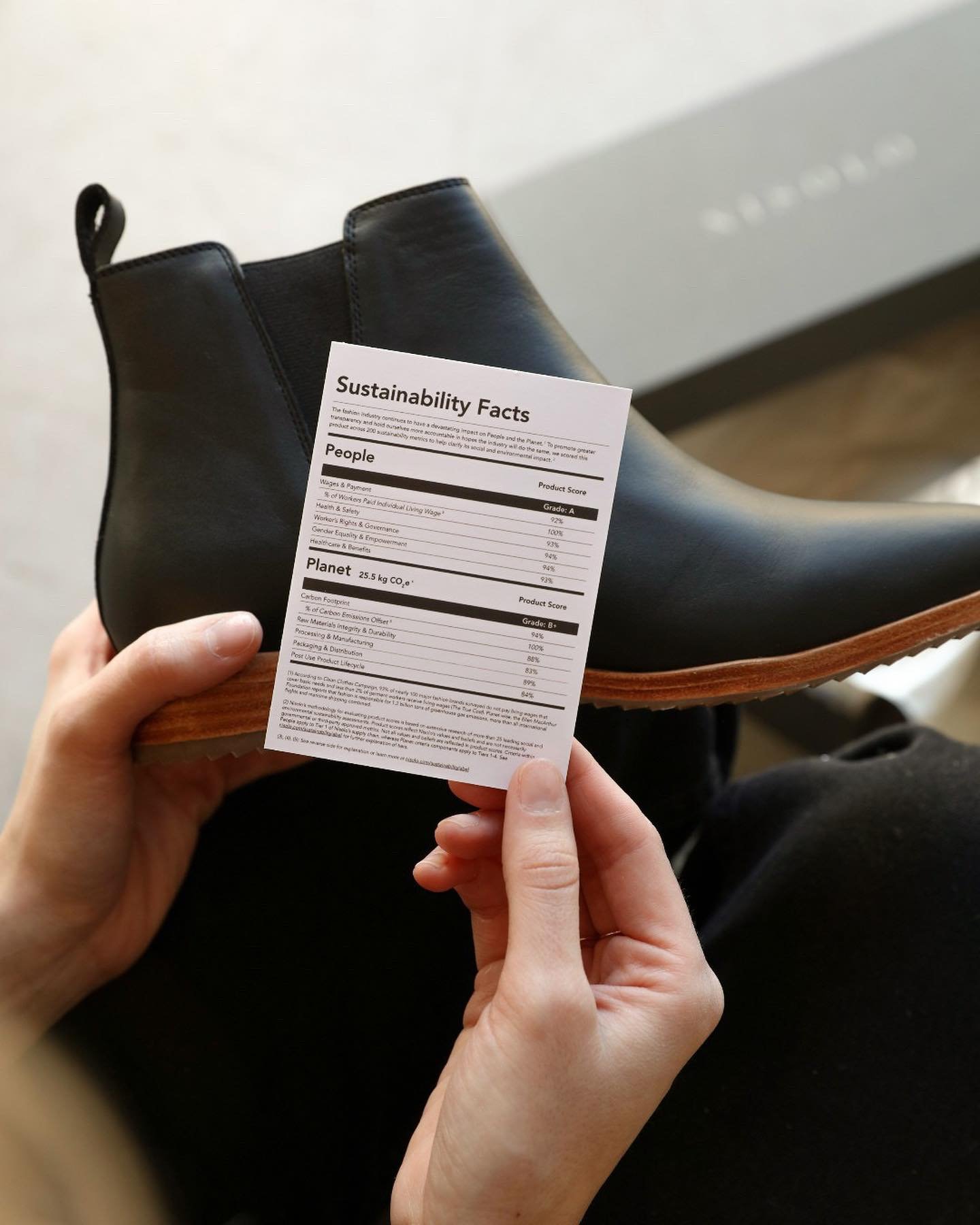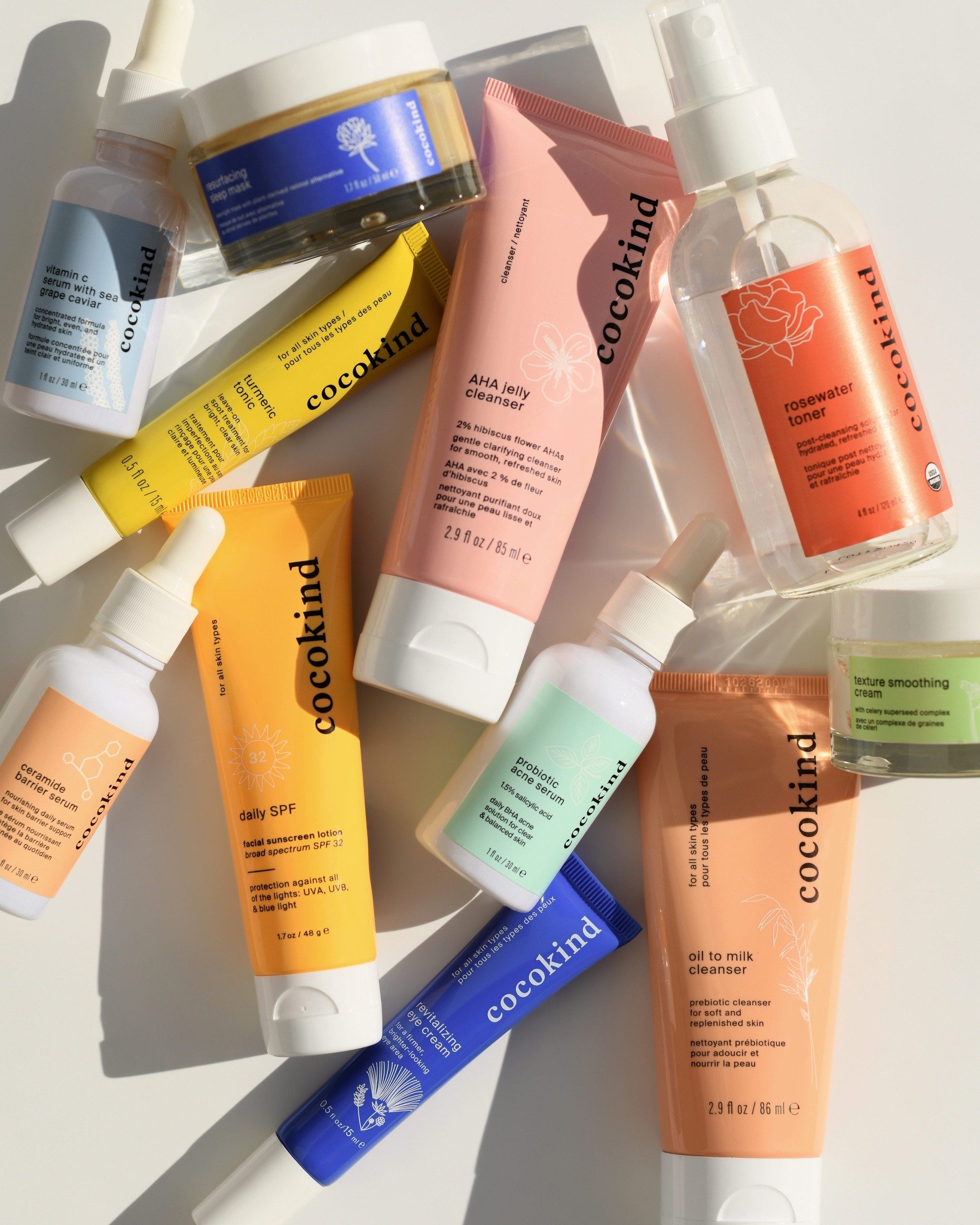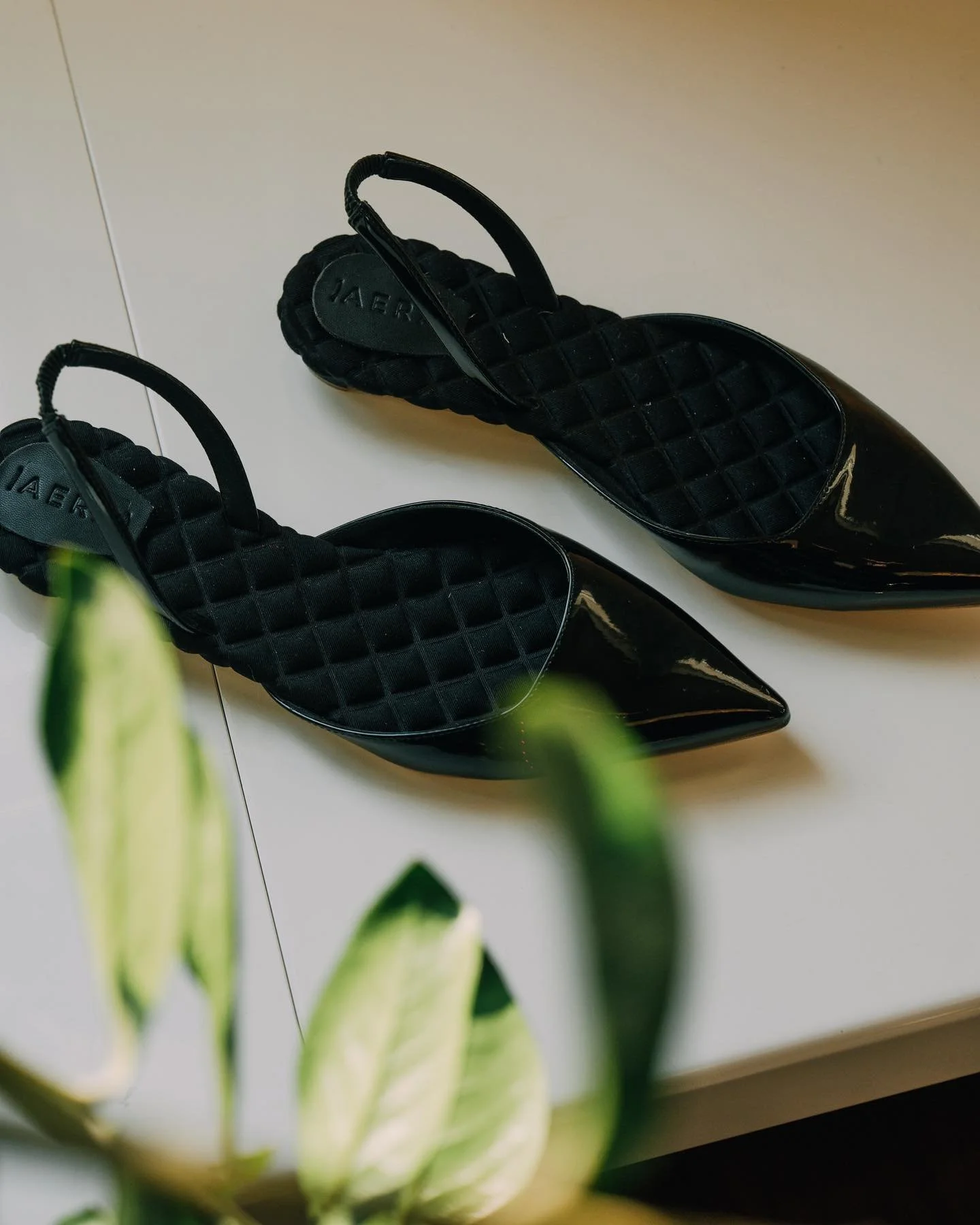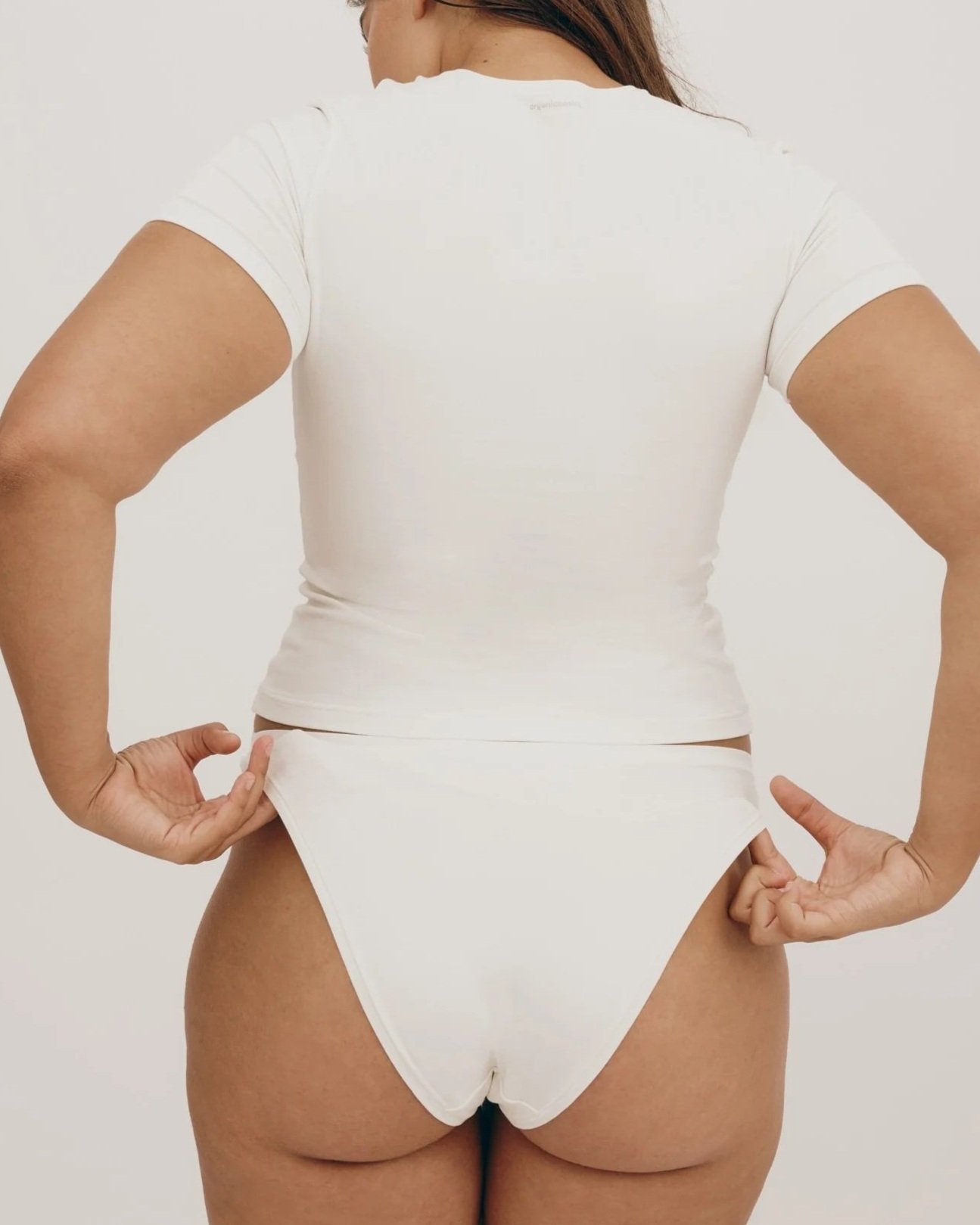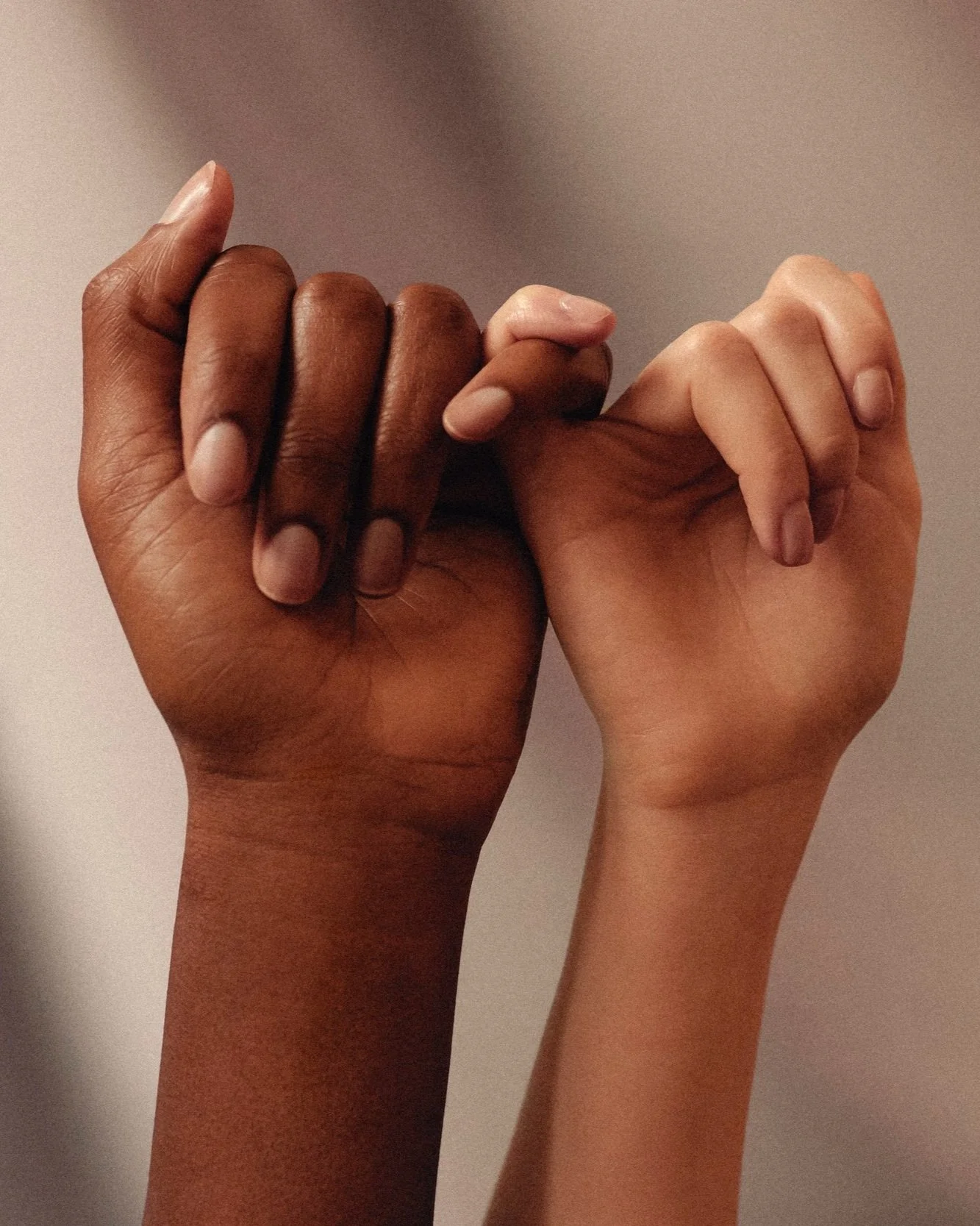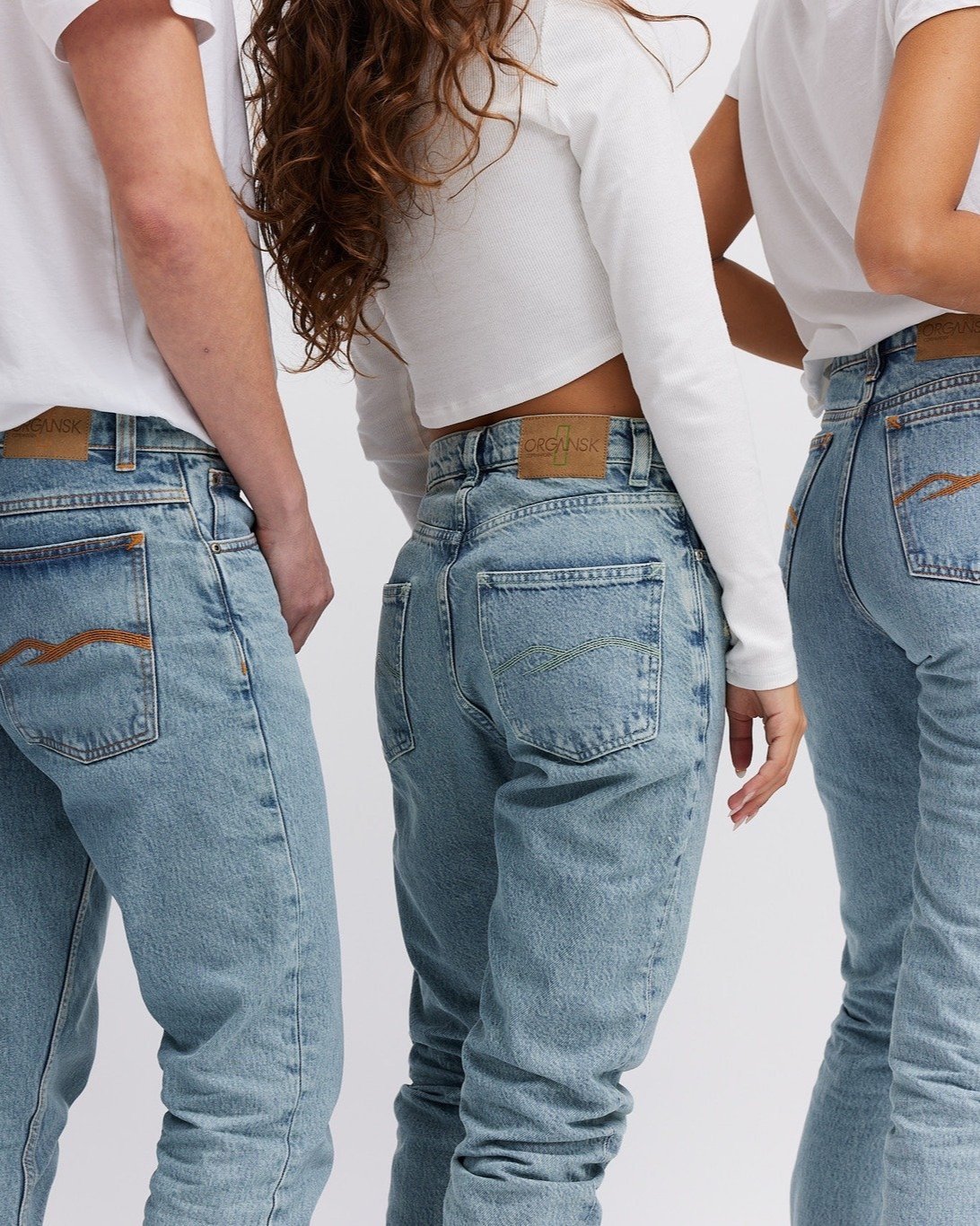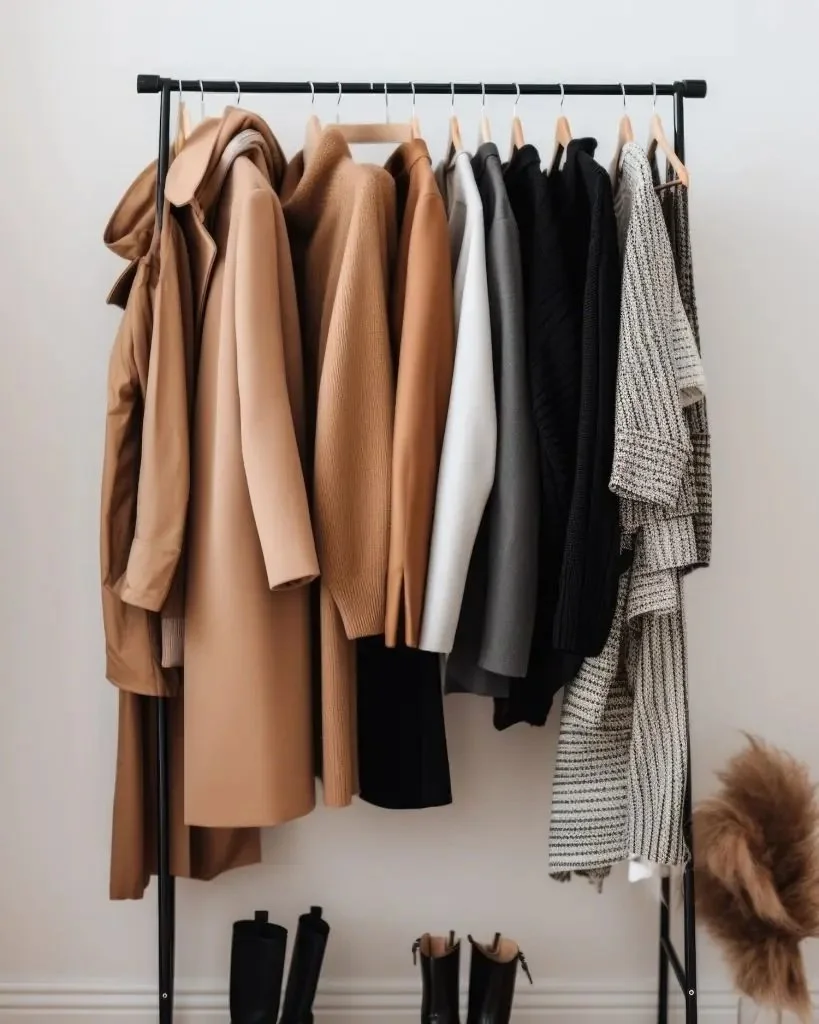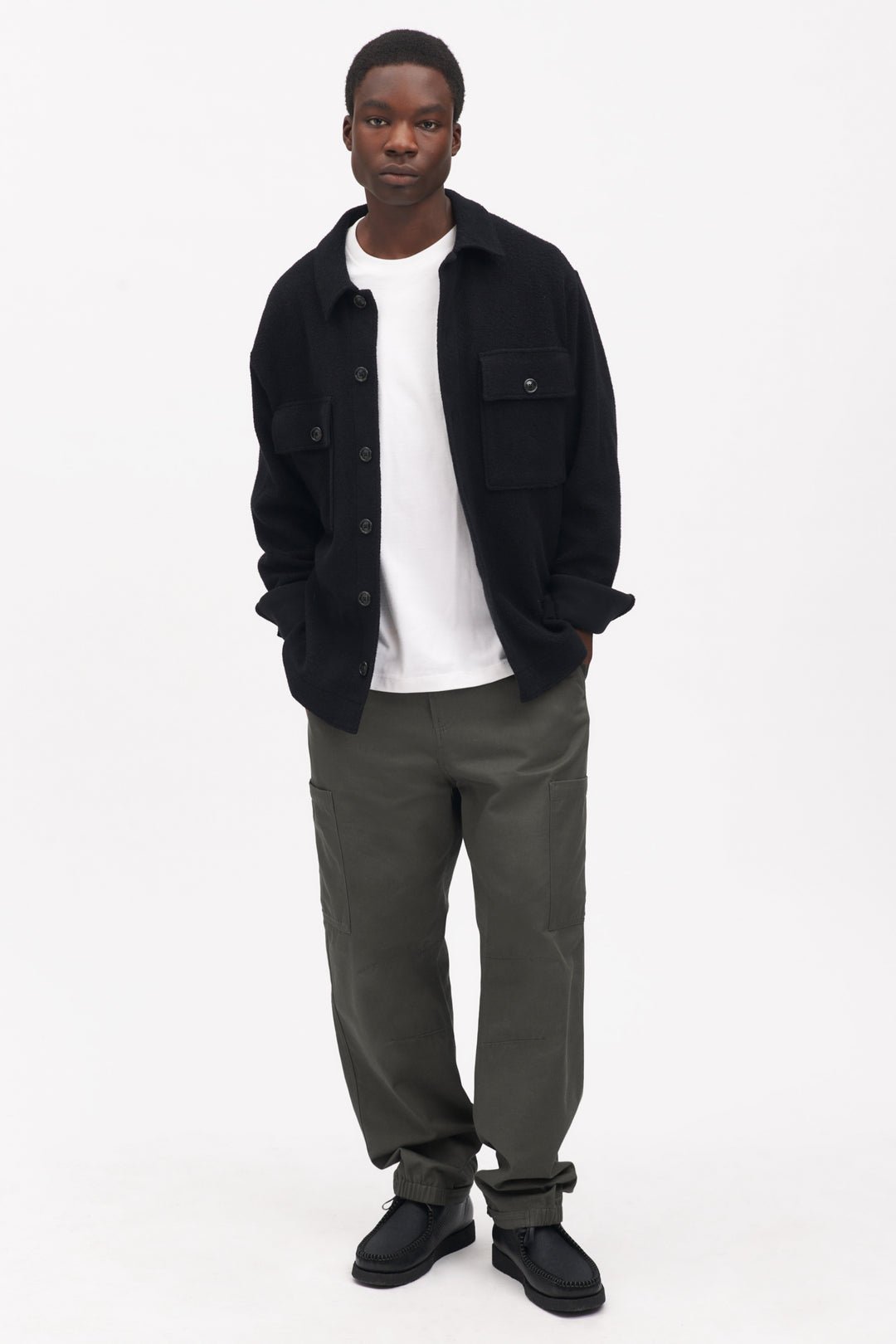The Best Sustainable Plant-Based & Vegan Milks
Most of us now know that drinking plant-based milk is generally more sustainable than dairy milk. However, with so many different options available, it’s important to know what to look for in plant-based milk. Not all plant-based milk is good for us or the planet, thanks to additives, artificial ingredients, unsustainable sourcing, or plastic packaging. Below we’ll cover how to find healthy and sustainable plant-based milk, as well as some of the best plant-based milk brands.
Is Plant-Based Milk Sustainable?
All plant-based milk is more sustainable than dairy. One liter of cow’s milk uses significantly more water, and land, as well as produces more greenhouse gas than one liter of plant-based milk.
While plant-based milk is more sustainable, just how sustainable will greatly depend on the ingredients and the production methods used. Some non-dairy milk uses very little water, while others emit less greenhouse gas or are easier to ethically source.
Is Plant-Based Milk Good for you?
Plant-based milk is generally good for you, as long as you pay attention to the ingredients. If you’re drinking plant-based milk to replace specific nutrients in dairy milk, you won’t be very successful.
The cleanest, organic plant-based milk only contains water and the primary ingredient, so it won’t be fortified with additional vitamins and minerals found in dairy milk. If you choose fortified plant milk, certain ingredients may block your body's ability to absorb those nutrients.
In general, it’s healthiest to choose plant-based milk with minimal ingredients and no artificial additives, and use other food or supplements to replace any nutrients naturally found in dairy.
What’s the Least and Most Sustainable Milk Alternative?
When determining which nut milk (or plant-based milk) is the most and least sustainable, there are a few different factors that need to be taken into consideration. Below we’ll break down the most common types of plant-based milk and how sustainable they are.
Oat Milk: Oat milk could be considered the most sustainable plant-based milk overall. It’s also become one of the most popular non-dairy milk options due to its creamy consistency and rich flavor. Oats are a nutritious, a low-input crop. That being said, oats are commonly mass-produced in an unsustainable way and contain a glyphosate-based herbicide that has been linked to cancer. Look for small brands that use certified glyphosate-free oats, as well as organic and non-GMO oats.
Almond Milk: Almond milk has long been one of the most popular kinds of nut milk, but it’s gotten a bad rap lately due to its water usage. Almond milk is not worse for the environment than dairy milk, and overall, it is a sustainable milk alternative. Almond milk has some of the lowest greenhouse gas emissions and requires very little land to grow. However, almond trees do require a significant amount of water and are mostly grown in California, a state prone to droughts. Local almond farmers have taken action over the last few years to reduce water usage, but it’s always best to look for organic almonds that are grown on sustainable farms in small batches.
Soy Milk: Soy milk is commonly considered one of the most sustainable, and cleanest plant-based milk options. Soy milk requires very little water to produce, though it does require a higher amount of emissions. That being said, soy milk is largely mass-produced in an unsustainable way. It’s harder to find non-GMO soy on the market, and its production has caused deforestation in the Amazon and throughout South America. If you want to drink soy milk, look for brands that don’t source their soy from South America and that use organic, non-GMO soybeans.
Rice Milk: As far as plant-based milk goes, rice milk isn’t the most sustainable or nutritious. Rice production has some of the highest, if not the highest, greenhouse gas emissions, and requires a large amount of water to grow. Rice is grown in water and those paddies contribute to water pollution and emit methane gas. Of all the non-dairy milk options, you may want to skip this one.
Coconut Milk: Coconut milk is another popular milk alternative, with high nutritional benefits. If you’re wondering if coconut milk is sustainable, it depends on where you get it from. Coconuts are in such high demand that coconut production now commonly involves exploitative labor including animal cruelty, where monkeys and other animals are forced to help harvest coconuts. Coconut farms contribute to deforestation in the rainforest, particularly in Indonesia. Look for small brands that are ideally Fair-trade certified or are transparent about how they source their coconuts.
Seed Milk: Seed milk, such as hemp, flax, and chia milk, has become more commonly available and offers higher nutritional benefits, like protein and fiber. These plants require very little water to grow and aren’t commonly mass-produced. Another sustainable seed milk that has recently become more widely available is sesame milk. This milk is a wonderful sustainable option, as sesame plants require very little water, are self-pollinating, drought-resistant, and don’t need pesticides.
Pea Milk: Pea milk is a popular choice for those looking for higher protein milk. It’s also a sustainable choice, as it has lower emissions, and uses less fertilizer and water to produce when compared to other plant-based milk. That being said, many pea milk options on the market today are filled with additional ingredients and additives that aren’t very good for us.
Additional Nut Milk Options: There are numerous nut milk options available today, with varying degrees of sustainability and different taste profiles.
Cashew Milk: Widely available, it requires less water than almond milk with a similar taste. Cashew production often involves exploitative labor, so look for cashews that are fair trade or were produced transparently and ethically.
Hazelnut Milk: This beloved nut makes a great milk alternative. It’s a very sustainable nut milk — produced in the Pacific Northwest, in a naturally moist environment, and it doesn’t require bees for pollination.
Pistachio Milk: Less common, but becoming more popular, pistachio milk is a relatively nutritious nut milk that uses less water than almonds. It has relatively low greenhouse gas emissions as well.
Macadamia Milk: Last but not least, macadamia milk is a creamy milk alternative that also requires less water than almonds. It’s important to choose organic, non-GMO options, however, as macadamia nuts are grown in areas that commonly experience water shortages.
What to Look for From Sustainable Non-Dairy Milk Brands:
Some ingredients to look for when choosing a sustainable plant-based milk are:
Minimal Ingredients/ No Artificial Ingredients
Organic Certified Ingredients
Ethical/Sustainable Sourcing
Recyclable and Plastic-free Packaging
Fair Trade Production
When it comes to our health, much of the plant-based milk available on the market today contains processed and artificial ingredients. While many of these ingredients are used as emulsifiers, stabilizers, and thickeners, some have been linked to cancer, while others may impact our digestion and skin. Ultimately, we just don’t know how these additives will affect us in the long run.
If you’re looking for truly sustainable non-dairy milk, avoid the following ingredients:
Added sugar or artificial sweeteners
Added oils
Natural Flavors
Carrageenan
Gums (Guar gum, Xanthan gum, etc.)
Lecithin
Now, Our Top 8 Favorite Sustainable Plant-Based Milk Brands:
1) Joi
Price: Varies
Joi is an awesome sustainable non-dairy milk brand that sells plant milk concentrates.
You simply mix with water at home to create your non-dairy milk.
They have almond, cashew, oat, and hazelnut milk concentrates available.
Joi’s products are certified non-GMO, and organic, with no added ingredients.
2) Three Trees
Price: $7.99
Three Trees produces some of the healthiest, creamiest, vegan milk around. Here you’ll find almond milk (unsweetened or naturally sweetened vanilla), sesame milk, oat milk, and pistachio milk. You won’t find any added ingredients or sweeteners and each milk comes in a bottle made from 100% recycled plastic.
3) Califia Farms
Price: $5.99-$6.49
Califia Farms has produced sustainable vegan milk for years but they just launched a line of certified organic oat milk and almond milk with just 3 ingredients.
The organic line contains no additives and a creamy texture.
Califia Farms publishes an annual sustainability report so you can easily ensure this brand aligns with your values.
4) Malk
Price: $5.99
Malk makes certified organic glyphosate-free oat and almond milk available with unsweetened or sweetened vanilla and chocolate.
With only 3-5 natural ingredients, at Malk, you’ll never find added oils, fillers, or gums.
Each bottle is also recyclable.
5) Forager
Price: $6.49
At Forager you’ll find a large selection of non-dairy products including cashew and oat milk.
Both kinds of vegan milk are certified organic, non-GMO, and gluten-free, with no added gums, fillers, or ingredients.
They use ethically sourced, hand-harvested cashews to produce their ultra-creamy vegan milk.
6) Elmhurst
Price: Varies
Elmhurst used to be a large family-owned dairy company but remade itself into a sustainable vegan milk producer. Here you’ll find almond, cashew, oat, walnut, and hazelnut milk.
All of their non-dairy products are non-GMO verified and don’t contain artificial flavors, gluten, or carrageenan. Plus, you can purchase variety packs or bundled options and each shelf-stable milk comes in recyclable packaging.
7) Eden Soy
Price: $3.91+
If you’re a soy milk lover, check out Eden Soy.
Their non-GMO, organic soy milk has been around for decades. You won’t find any artificial sugar or ingredients at Eden Soy. Their sustainably sourced soy milk comes in recyclable cartons, is shelf stable, and affordable.
8) New Barn Organics Almond Milk
Price: $59 per 6 pack
New Barn Organics uses organic almonds sustainably produced in small batches to make their certified organic almond milk. Non-GMO verified, their unsweetened or sweetened almond milk doesn’t contain any artificial ingredients. They also produce organic coconut milk, using fair labor production, but it does contain organic sunflower lecithin.
About the Author
Alicia Briggs is a writer & editor specializing in slow travel & sustainable living. She has been a full-time traveler since 2018 and runs her own blog, Learning the Local Way, where she covers responsible travel tips and guides.
MAKE SURE TO PIN THE PHOTO BELOW TO SAVE THIS POST FOR LATER!
WANT MORE SUSTAINABLE BRANDS? VISIT OUR BRAND DIRECTORY!
Our Brand Directory is home to hundreds of sustainable brands, from makeup to cleaning supplies, from underwear to shoes. We have broken everything down by category for easy shopping, along with discount codes unique to Sustainably Chic viewers.














